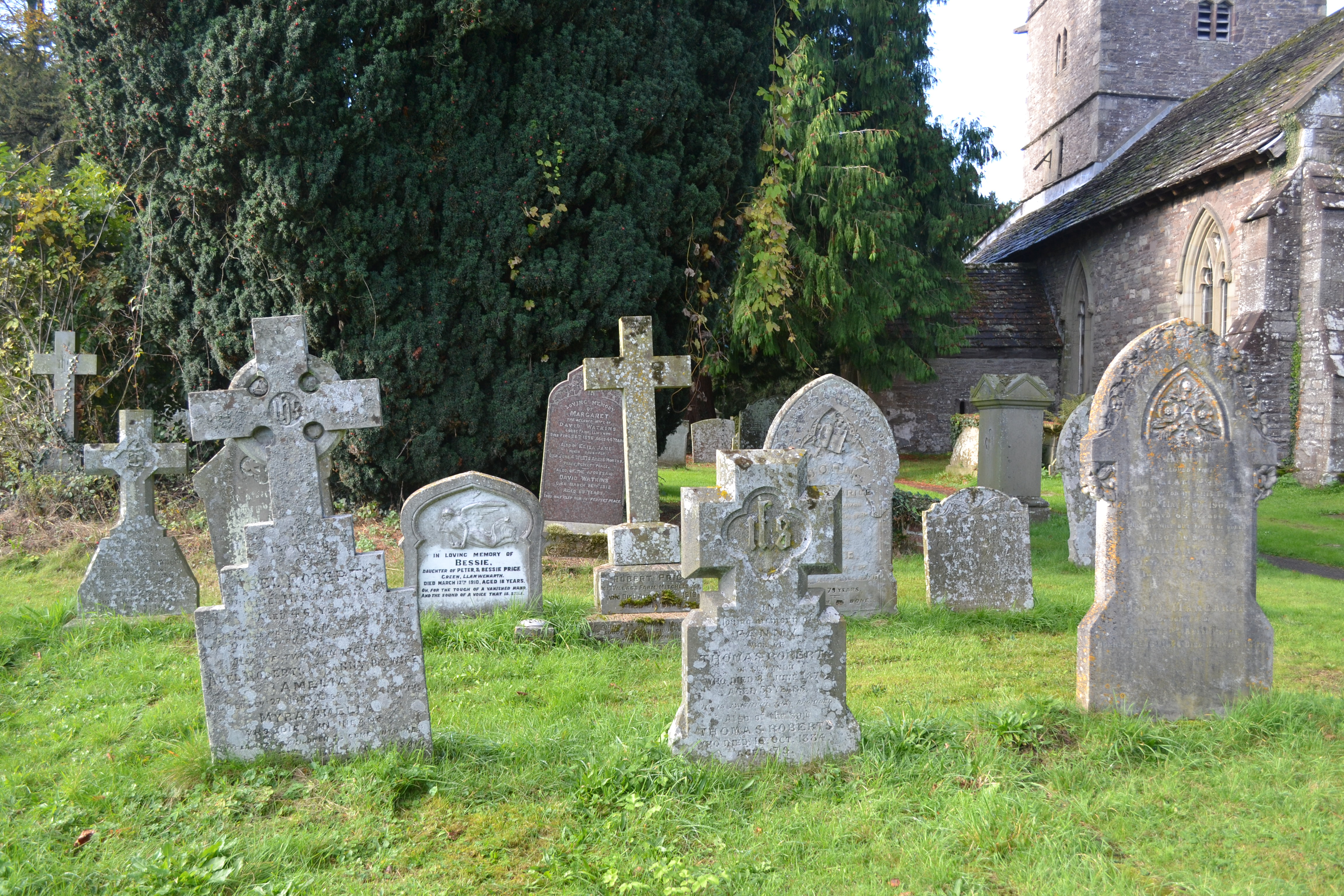- Feb 12, 2007
- 59,439
- 24,106
Here are some important points to consider:
1) No one even thought this was a problem before Obama’s administration. Hmm what interesting timing. Why did no one care about it? Because it has always been statistically very RARE and therefore pointless to come up with policy to fight it. All it really accomplishes is keeping legal voters from casting their votes.
2) It goes beyond new extra ID requirements. It also involves closing voting stations in key democratic voting areas. How in the hell do you justify shit like that?
3) Do republican voters not care the GOP is doing this simply because it helps their side win? Is that the real truth?
4) Oh and just to state the obvious, just because dead people are still on voting records, it doesn’t somehow magically mean actual votes are being cast from these dead people. This shouldn’t have to be spelled out.
Reality:
